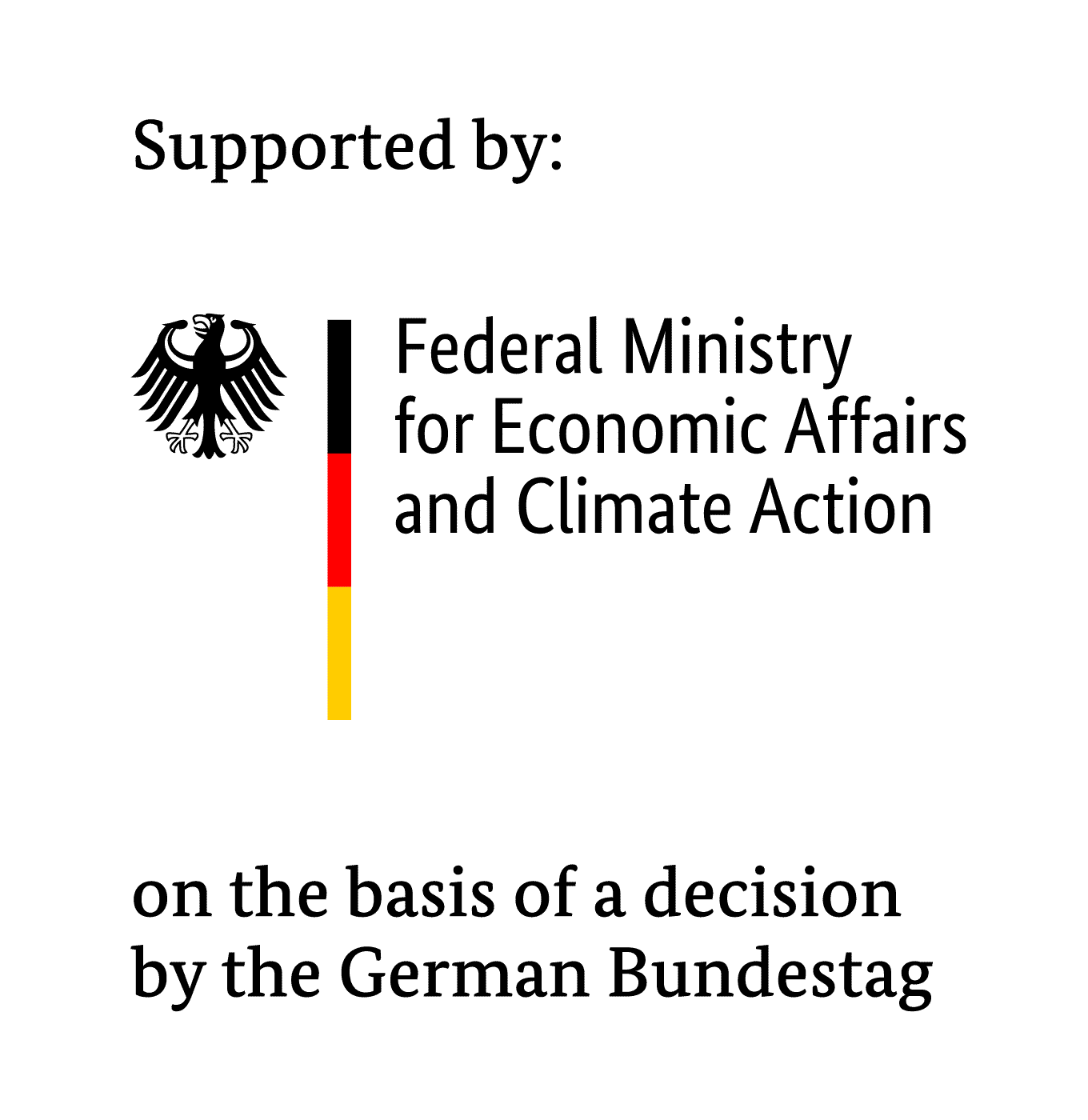Projectname:
Optimizing of cleaning processes by means of process description and dimensionless numbers 2
Workgroup: Hygienic production
Scientific Partners and Guidance:
IGF-Vorhaben: 18857 BG
Financing: BMWi
Duration: 2015 – 2018
Rising environmental awareness, more stringent consumer demands for natural food with extended shelf life as well as the high hygienic standards in many areas of the food processing industry require extremely efficient cleaning processes. This conflict is exacerbated by the trend for personalized products, which are produced in smaller batches. The insufficient knowledge of cleaning mechanisms related to the fear of reputational damage many producers clean "rather too long, too hot, and too intense". This results in additional costs and environmental burdens. The prerequisite for a goal-oriented adjustment of cleaning processes is a deeper understanding of how soils react during cleaning processes based on their nature and interactions with the substrate as well as with the cleaning fluid.
From this motivation, the precursor project took the underlying objective of "the optimization of cleaning processes by characterizing present soil-systems using dimensionless numbers".
Using a combination of different laboratory tests allows a prediction of the influence of the operating parameters (cleaning temperature, concentration and flow rate) on specific soil removal.
While the previous project was focused on the description of the interaction between simple model soils and cleaning fluids, deals this project with interactions between complex industrial soils and different substrate materials including various surface treatments. The following working hypotheses are based on the results and knowledge of the previous project and build the basis for the ongoing research:
Fehler: Die ID ist kein Bild.

The IGF project presented here by the Research Association of the Industrial Association for Food Technology and Packaging (IVLV e.V.) is funded by the Federal Ministry for Economic Affairs and Climate Action as part of the program for the promotion of industrial community research (IGF) based on a decision of the German Bundestag.